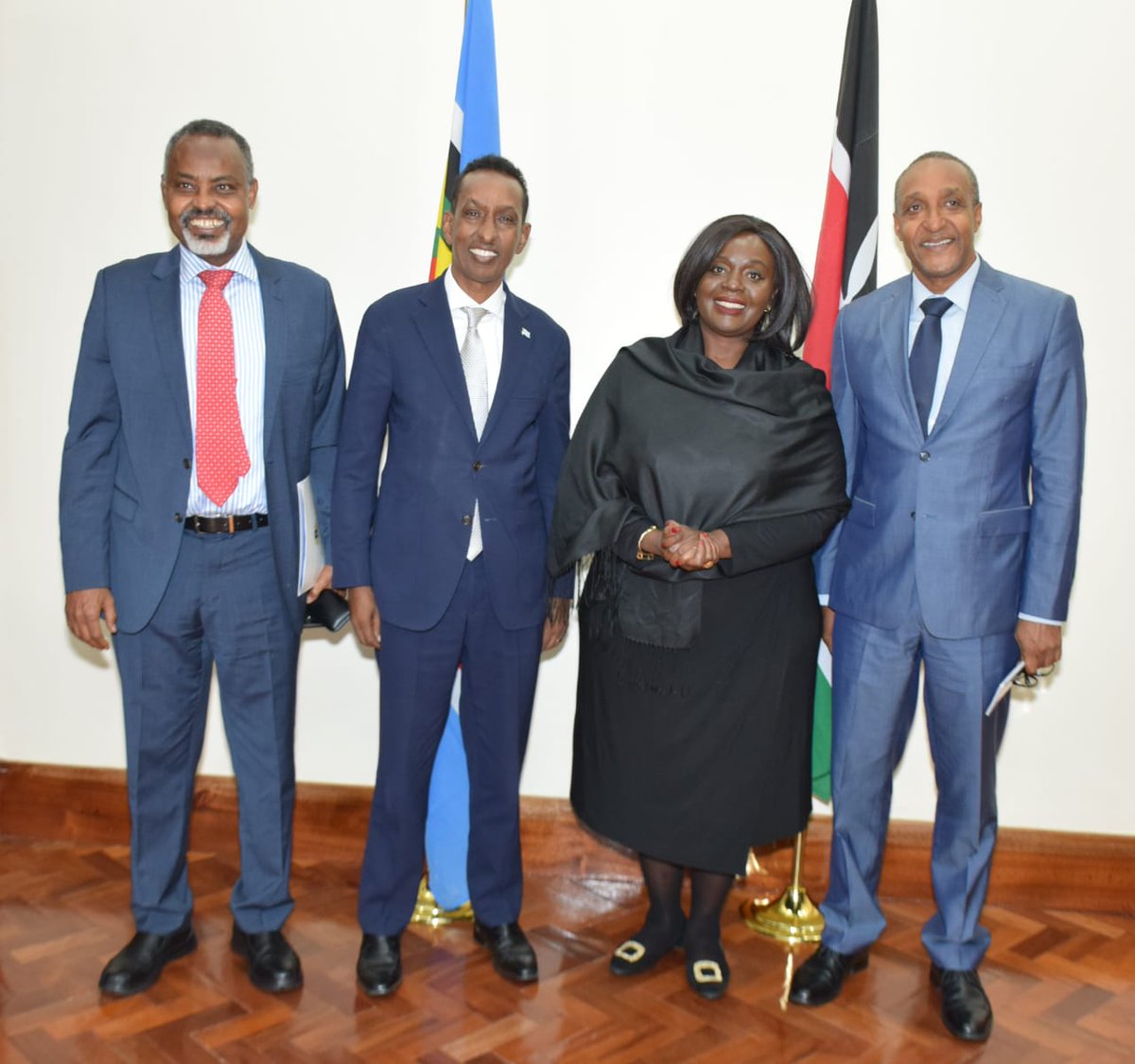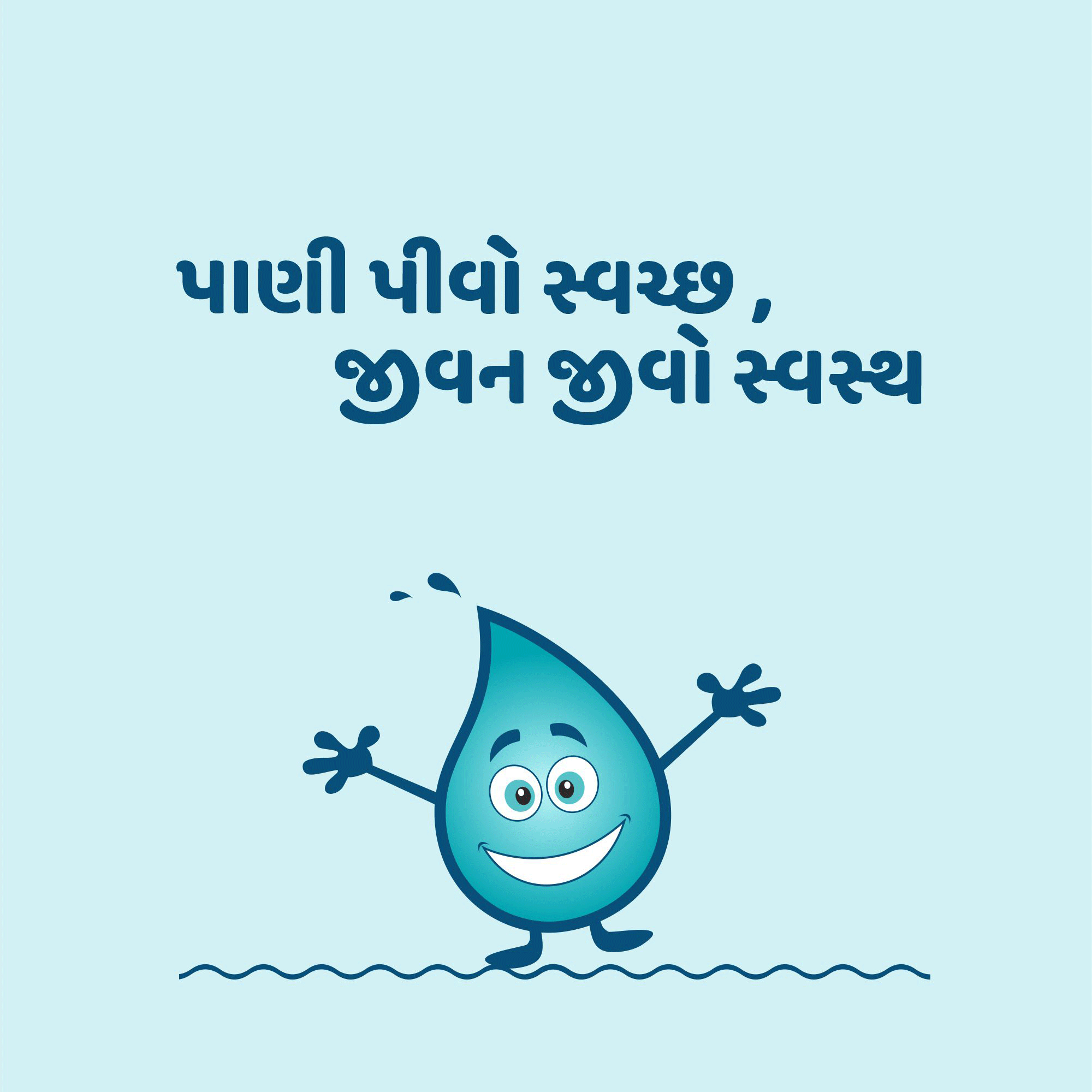Somali Wasmo: Unveiling The Vibrant Culture And Untold Stories
Ever heard of Somali Wasmo? Well, let me tell ya, it's more than just a name—it's a world of traditions, vibrant celebrations, and a unique cultural identity that’s been thriving for centuries. Imagine a community where every festival is a burst of colors, every song carries a story, and every dance step is a celebration of life. That’s Somali Wasmo for ya! And today, we’re diving deep into what makes this culture so special.
Now, let’s get one thing straight—Somali Wasmo isn’t just about one group of people. It’s a rich tapestry of traditions, languages, and histories that have been woven together over generations. If you’re here, chances are you’re curious to learn more about this fascinating culture, and trust me, you’re in the right place. So grab a cup of tea, sit back, and let’s explore the wonders of Somali Wasmo together.
Before we jump into the nitty-gritty details, let me just say this—Somali Wasmo isn’t just a culture; it’s a lifestyle. From their traditional clothing to their mouth-watering cuisine, everything about Somali Wasmo is a reflection of their deep-rooted heritage. So buckle up, because we’re about to take you on a journey through the heart and soul of Somali Wasmo culture.
- Vegamovie 30 The Ultimate Streaming Experience You Deserve
- Game Changer Movie Download Hdhub4u Your Ultimate Guide
What Exactly is Somali Wasmo?
First things first—what is Somali Wasmo? Simply put, it’s a term that refers to the vibrant cultural identity of the Somali Wasmo people. These folks have been around for centuries, and their culture is a beautiful blend of traditions, languages, and customs that have been passed down from generation to generation. Think of it as a living, breathing history book that’s still being written today.
Now, here’s the cool part—Somali Wasmo isn’t just about one specific region or group. It’s a diverse community that spans across different parts of the world, each with its own unique twist on the culture. From the bustling streets of Mogadishu to the quiet villages in rural areas, Somali Wasmo is alive and kicking everywhere.
Key Elements of Somali Wasmo Culture
So, what makes Somali Wasmo culture so special? Let’s break it down into a few key elements:
- Telugu Movie Rulz Your Ultimate Guide To The Thrilling World Of Telugu Cinema
- Hd Hub 4 You Movies Your Ultimate Destination For Streaming Entertainment
- Language: The Somali Wasmo people have their own distinct dialect, which is a mix of Somali and other local languages. It’s like a secret code that only they understand, and trust me, it’s pretty cool.
- Music and Dance: Music and dance are an integral part of Somali Wasmo culture. From the rhythmic beats of traditional drums to the graceful movements of their dances, it’s a feast for the senses.
- Festivals: The Somali Wasmo people love to celebrate, and they do it in style. Their festivals are a riot of colors, music, and food, and they’re a great way to experience the culture firsthand.
Biography of Somali Wasmo People
Data and Facts About Somali Wasmo
Now, let’s take a closer look at the Somali Wasmo people themselves. Here’s a quick rundown of some key facts and figures:
| Category | Details |
|---|---|
| Population | Estimated at over 5 million worldwide |
| Language | Somali Wasmo dialect, a mix of Somali and local languages |
| Religion | Primarily Islam, with a strong emphasis on traditional practices |
| Geography | Primarily found in Somalia, but also in neighboring countries and diaspora communities |
The Rich History of Somali Wasmo
Now, let’s talk history. The Somali Wasmo people have a rich and fascinating history that dates back centuries. They’ve been through wars, migrations, and cultural exchanges, and yet they’ve managed to preserve their unique identity. It’s a testament to their resilience and adaptability.
One of the most interesting aspects of Somali Wasmo history is their role in trade. For centuries, they’ve been key players in the trade routes that crisscrossed the Horn of Africa. From spices to textiles, they’ve been involved in everything, and their influence can still be seen today in the vibrant markets of Mogadishu.
Key Historical Events
Here are a few key historical events that have shaped Somali Wasmo culture:
- 15th Century: The rise of the Adal Sultanate, which played a major role in Somali Wasmo history.
- 19th Century: The colonization of Somalia by European powers, which had a profound impact on the culture.
- 20th Century: The struggle for independence and the subsequent civil war, which tested the resilience of the Somali Wasmo people.
Somali Wasmo Cuisine: A Feast for the Senses
Now, let’s talk food. Somali Wasmo cuisine is a delicious blend of flavors and spices that will leave your taste buds tingling. From the savory aromas of traditional stews to the sweetness of their desserts, every dish tells a story.
One of the most popular Somali Wasmo dishes is called ‘Bariis,’ which is basically rice cooked with spices and served with a flavorful meat stew. It’s simple, yet absolutely delicious, and it’s a staple at every Somali Wasmo gathering.
Traditional Somali Wasmo Recipes
Here are a few traditional Somali Wasmo recipes that you absolutely need to try:
- Bariis: Spiced rice served with meat stew
- Buug: Flatbread made with sorghum flour
- Sambusa: Savory pastry filled with spiced meat
Somali Wasmo Music and Dance: Rhythm in Motion
Music and dance are an integral part of Somali Wasmo culture, and they play a huge role in their celebrations and festivals. The rhythms are infectious, and the dances are a sight to behold.
One of the most popular Somali Wasmo dances is called the ‘Dhaanto,’ which is characterized by its energetic movements and vibrant costumes. It’s a celebration of life, and it’s impossible not to get caught up in the excitement.
Famous Somali Wasmo Musicians
Here are a few famous Somali Wasmo musicians that you should check out:
- Magool: Known as the ‘Queen of Somali Music,’ her songs are a blend of traditional and modern sounds.
- Xamar Qabiil: A legendary musician whose music continues to inspire new generations.
- Farah Maalox: A contemporary artist who’s bringing Somali Wasmo music to the global stage.
Somali Wasmo Festivals: Celebrations Galore
Festivals are a big deal in Somali Wasmo culture, and they’re a great way to experience the culture firsthand. From the colorful costumes to the delicious food, every festival is a feast for the senses.
One of the most popular Somali Wasmo festivals is called ‘Eid al-Fitr,’ which marks the end of Ramadan. It’s a time for family, friends, and feasting, and it’s celebrated with great enthusiasm across the Somali Wasmo community.
Top Somali Wasmo Festivals
Here are a few top Somali Wasmo festivals that you should check out:
- Eid al-Fitr: A celebration of the end of Ramadan
- Eid al-Adha: A festival of sacrifice that honors tradition
- Guur Gacantida: A harvest festival that celebrates the bounty of the land
The Future of Somali Wasmo Culture
So, where is Somali Wasmo culture headed in the future? Well, one thing’s for sure—it’s not going anywhere. Despite the challenges they’ve faced, the Somali Wasmo people continue to preserve and celebrate their culture with pride.
Today, there’s a growing interest in Somali Wasmo culture, both within the community and beyond. From music to fashion, Somali Wasmo is making waves on the global stage, and it’s exciting to see where it’s headed.
Challenges and Opportunities
Of course, there are challenges ahead. The Somali Wasmo community faces issues like cultural erosion, economic challenges, and political instability. But there are also opportunities for growth and development, and the community is working hard to overcome these challenges.
Conclusion: Celebrating Somali Wasmo
And there you have it—a deep dive into the world of Somali Wasmo culture. From its rich history to its vibrant festivals, Somali Wasmo is a culture that deserves to be celebrated and appreciated. So, whether you’re a fan of music, food, or history, there’s something for everyone in the world of Somali Wasmo.
So, what are you waiting for? Dive in, explore, and discover the wonders of Somali Wasmo culture for yourself. And don’t forget to leave a comment or share this article if you enjoyed it. After all, sharing is caring, right?
Table of Contents
- What Exactly is Somali Wasmo?
- Biography of Somali Wasmo People
- The Rich History of Somali Wasmo
- Somali Wasmo Cuisine
- Somali Wasmo Music and Dance
- Somali Wasmo Festivals
- The Future of Somali Wasmo Culture
- Conclusion
- Hdhub4u Page 10 Your Ultimate Destination For Highquality Entertainment
- Unleash Your Movie Nights With The Ultimate Movies Download Hub

Somalin Wasmo / Wasmo Somali Cusub 2020 Fecbok / New Somali Songs

Wasmo Trizone India

to wasmo Home